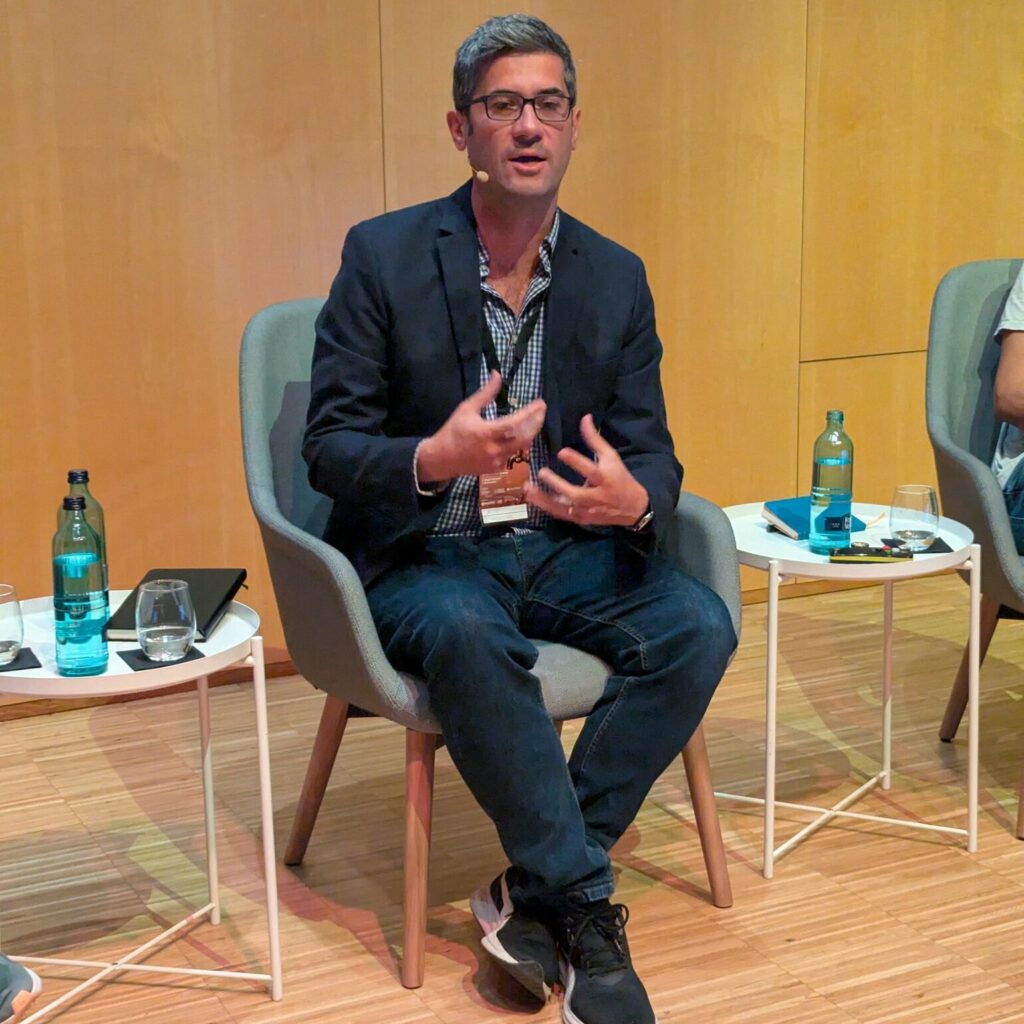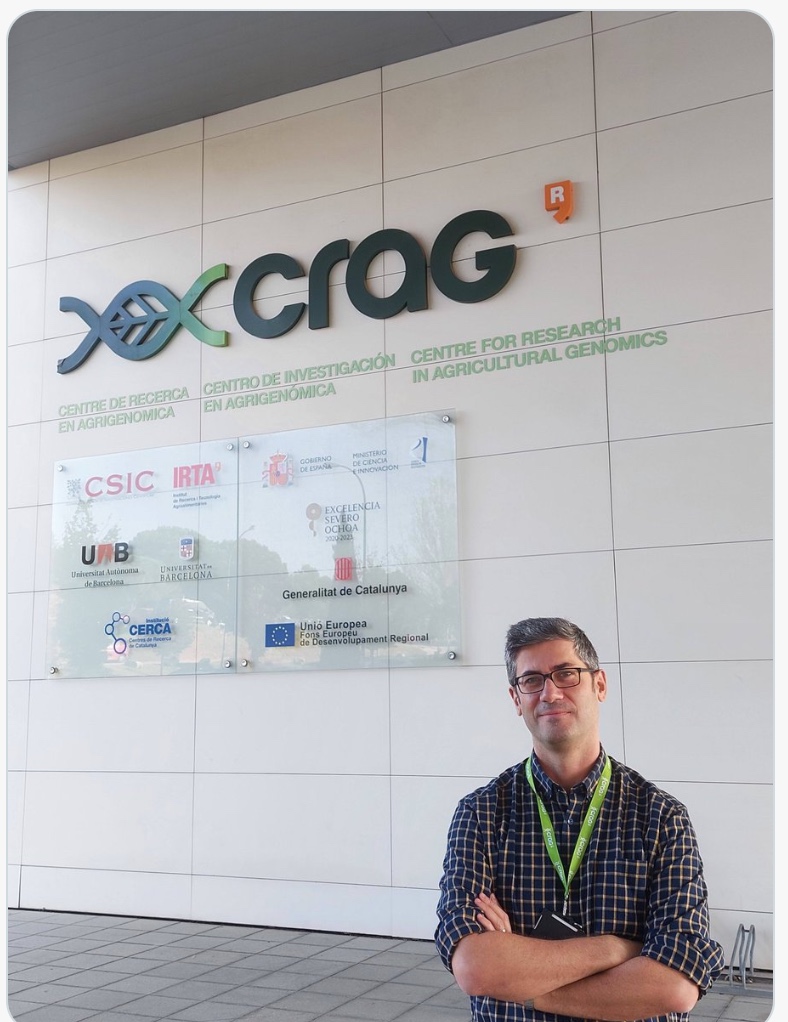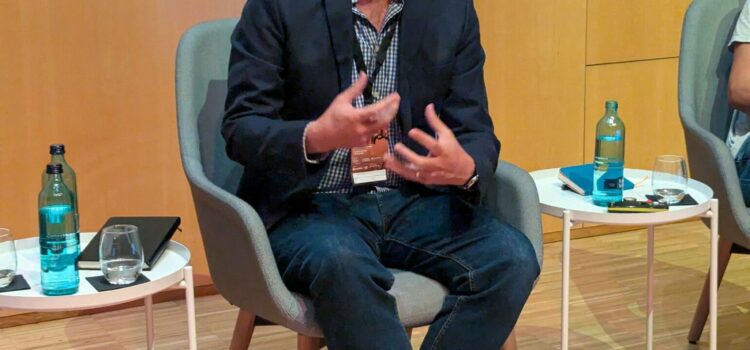
Round 1
Javier Barbuzano
Nationality
Spanish
Career-level
Mid-career
Host institution
Center for Research in Agricultural Genomics (CRAG)
Spain
Residency project
The potential of plant science and gene editing in tackling the effects of climate change on agriculture
As climate change disrupts agriculture, scientists see hope in gene editing. They envision crops tailored to withstand extreme weather, drought, and pests, which could be developed quickly enough to keep pace with environmental shifts, improving agricultural sustainability.
This transformative technology is currently facing crucial policy decisions in Europe. This summer, EU lawmakers will debate a reduction to the regulatory barriers that currently limit the use of genetically modified organisms. Their decision will significantly influence the research and potential application of gene editing in Europe, possibly with global repercussions.
As a science journalist with a strong focus on environmental reporting, I’m eager to expand my expertise in gene editing solutions to the challenges of climate change. This residency will allow me to delve into groundbreaking research and translate it into engaging stories for wider audiences and new outlets. This will not only foster my career but also help the public understand this transformative technology and its impact on climate change.
The Center for Research in Agricultural Genomics (CRAG) spearheads innovative research in drought resistance and enhanced photosynthesis — with two ERC-funded groups developing frontier science in these fields. Participating in the FRONTIERS Journalist in Residence program at CRAG would allow me to gain firsthand insight into their methods, experiments, and the challenges they face.

My goal is to learn more about the science behind this work to effectively communicate and cover its future development. I also want to explore the practical, societal, and ethical considerations of genetic editing in crops and animals, a highly controversial topic. The European Union currently has a de facto ban on growing genetically modified organisms, but this could change as new EU legislators are expected to debate new legislation soon.
At the same time, I’m looking forward to connecting with the other fellows and being part of a community of like-minded professionals in the field.
